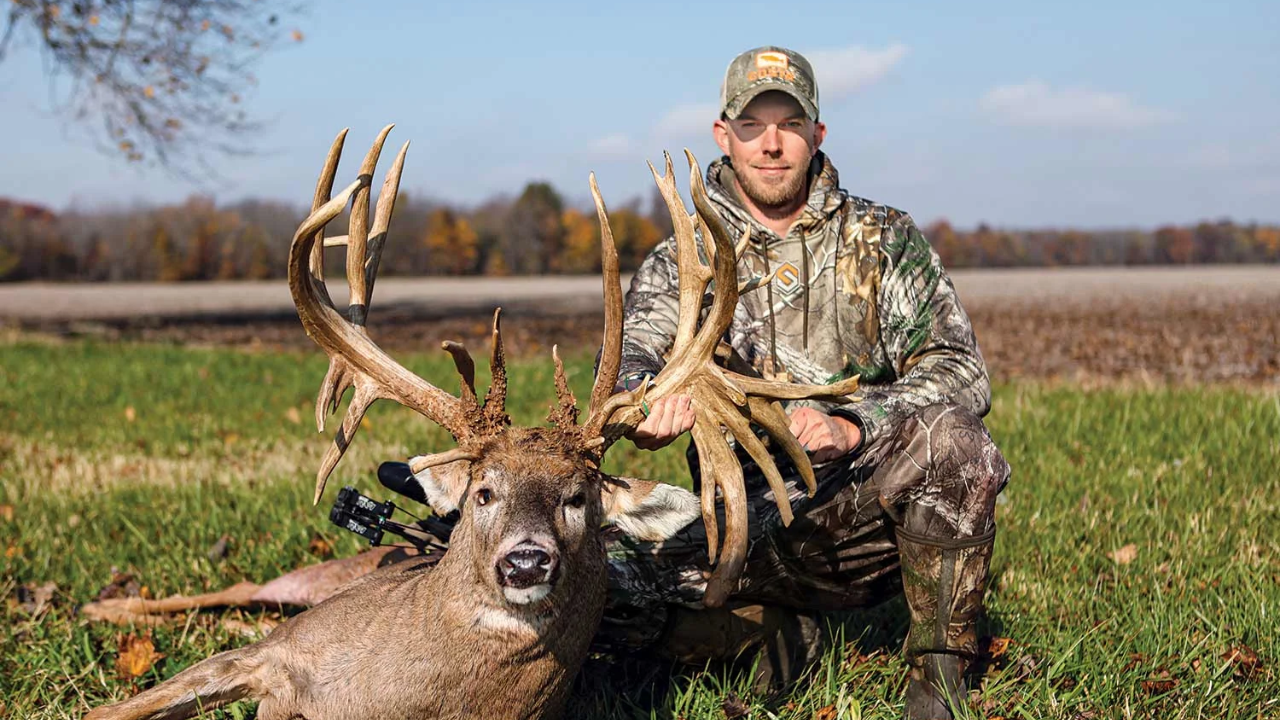Declining deer hunter participation is becoming a major concern for wildlife management agencies across the U.S.
With fewer hunters, managing deer populations becomes more difficult, leading to increased agricultural damage, more deer-vehicle collisions, and disruptions in local ecosystems.
Here are six states where the need for more deer hunters is especially urgent:
- Virginia
Virginia has seen a sharp decline in deer hunters. If current trends persist, licensed deer hunter numbers could drop by 32% by 2030 and by 57% by 2040 compared to 2020 levels. This decrease makes it harder to keep the deer population under control. - Michigan
Michigan’s deer hunter numbers have steadily declined, falling from 871,678 in 1995 to 593,934 in 2023—a 32% decrease. This drop complicates efforts to manage the growing deer population, increasing the risk of vehicle collisions and crop damage, according to the Hunters’ Leadership Forum. - Wisconsin
Wisconsin’s deer harvest numbers have fluctuated, but 2023 saw a notable 17% decrease from the previous year. While factors like severe winters and predation play a role, fewer hunters make it harder to maintain a balanced deer population. - Pennsylvania
Recreational deer hunting is Pennsylvania’s primary wildlife management tool, but declining hunter participation is making it difficult to meet management goals. This trend threatens ecological balance, as noted by the Erie-Times News. - Iowa
Iowa is seeing fewer hunters, raising concerns about controlling its deer population. Without enough hunters, the state may struggle with increasing crop damage and deer-vehicle collisions. - New York
New York’s deer population is growing, especially in urban areas, leading to environmental concerns and safety risks. Fewer hunters make it more challenging to manage these rising numbers effectively.
Reversing this decline is essential for effective wildlife management. Encouraging new hunters and retaining current ones—along with exploring alternative population control strategies—will help maintain ecological balance and reduce deer-related conflicts.
Disclaimer- Our team has thoroughly fact-checked this article to ensure its accuracy and maintain its credibility. We are committed to providing honest and reliable content for our readers.






